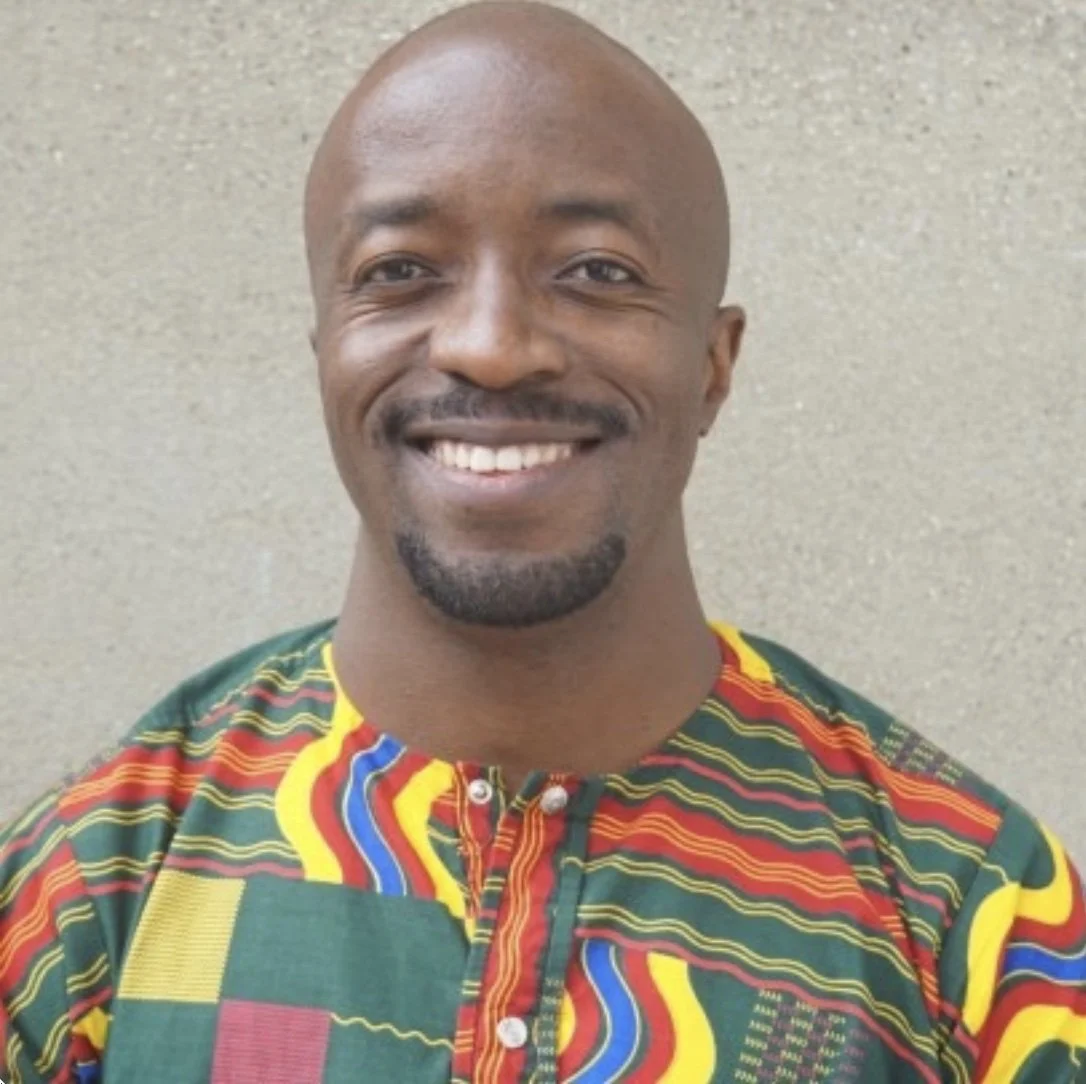Christian Cito Cirhigiri
Country of Origin: Democratic Republic of Congo
Organisation: Peacemaker 360
Profile
Christian Cito Cirhigiri is a Congolese-born peacebuilder with an educational background in international peace studies. He is currently earning a PhD in Law and Criminology at Ghent University, Belgium, focusing mostly on victim participation in transnational justice. Christian is the founder of Peacemaker 360, which aims to inspire, connect, and amplify global peacebuilding using local stories of youth peacebuilders. It has a network of 4,000 youth peacebuilders from 45 countries. The organisation visualises a transformation of local peacebuilding via the empowerment of ordinary citizens in their communities. One of the projects that emerged from Peacemaker 360 is the publication of the book Like the Olive Tree. This book features the stories of 24 youth peacebuilders from 20 countries, sharing their insights and wisdom in the field of peacebuilding.
Story
Returning home one afternoon with his twin brother, little did seven-year-old Christian Cito know that it would be his last day in his hometown and the last day he would see his school friends. In 1996, Bukavu – a town in the Democratic Republic of Congo – was besieged by a group of rebels. Christian’s family was one of the many families who were forced to flee the gunshots. ‘Through that personal experience of being displaced, leaving everything I knew behind, I felt like there was just something wrong with the whole world, and I knew then that I wanted to be a peacebuilder,’ Christian said.
Christian has worked more than ten years in the field of peacebuilding. One project he developed is the Bukavu Youth Action Center, an informal space of knowledge exchange through art. Artists, painters, musicians, and poets share their creative potential in a way that influences how peacebuilding is being designed, moving away from mainstream methods of conflict resolution. Peacemaker 360, established in 2016, transitions from a national to a more global outlook. It aims to connect peacebuilders through storytelling, and provide a unique space where they can share their stories and insights and contribute to the field of peacebuilding.
His involvement with such initiatives, however, put Christian under threat, to the extent that he had to leave Congo – his home. ‘I had to leave my country because I felt like I was being targeted for the work I was doing. The protection pillar needs to be strengthened, but unfortunately, we are still not there,’ he said. Another challenge was being considered inadequate and too young. He said that despite these challenges, he is able to build a ‘reservoir of confidence’ thanks to the strong support system he found within his family.
The initiatives put forward by Christian’s organisations are funded through individual donations. Christian considers this a more sustainable financing method, as otherwise, funds often come with strings attached, which can limit the potential of the project down the line. ‘Be authentic and original in what you are doing, rather than being derailed by some strong, powerful dollars that try to shape us in another way,’ he said. In moments of distress and when feeling powerless, Christian said he keeps one thing in mind – ‘Peace builders talk about building bridges and connecting the world, but the whole idea of building bridges is so that people can walk over them. Thus, one will often encounter many challenges. It is not easy, but it is part of the experience.’
Christian recalled sitting on his sofa on a Sunday afternoon, thinking about how he got where he is now, having so little to start with. ‘Pay attention to what you already have and start with that,’ he said. Patience is a quality that Christian has learned to incorporate into his work. ‘I wanted to see change in the short term. But I came to realise that lasting peace can take more than ten years because the structures that need to be changed are beneath the surface.’ He describes peace as both internal and external – ‘Peace is anchored in an inner pursuit of peace inside the heart, the mind, which is then reflected and manifested externally in the world.’
Published in 2025



